Critical Thinking
-
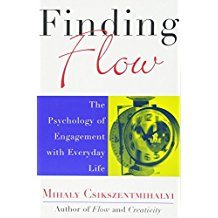
Finding Flow: The Psychology of Engagement with Everyday Life (Masterminds Series) by Mihaly Csikszentmihalyi
-
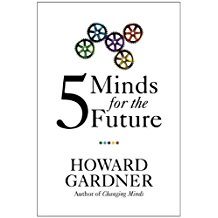
Five Minds for the Future by Howard Gardner
-
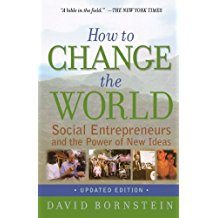
How to Change the World: Social Entrepreneurs and the Power of New Ideas, Updated Edition by David Bornstein
-

Never Eat Alone: And Other Secrets to Success, One Relationship at a Time by Keith Ferrazzi, Tahl Raz
-
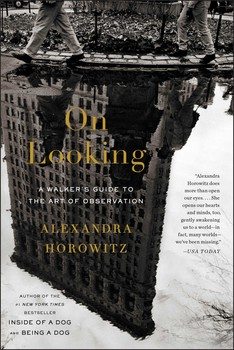
On Looking: Eleven Walks with Expert Eyes by Alexandra Horowitz
-

The Corrosion of Character: The Personal Consequences of Work in the New Capitalism by Richard Sennett
-
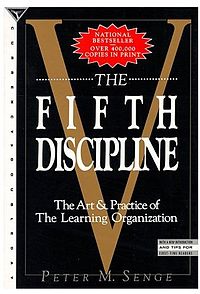
The Fifth Discipline: The Art & Practice of The Learning Organization by Peter Senge
-
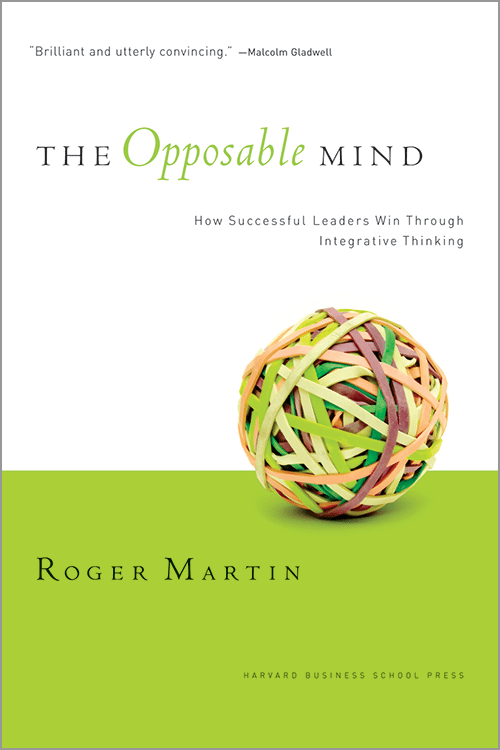
The Opposable Mind: Winning Through Integrative Thinking by Roger Martin
-

Thinking, Fast and Slow by Daniel Kahneman
